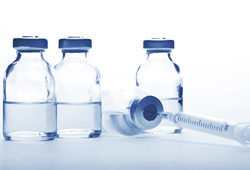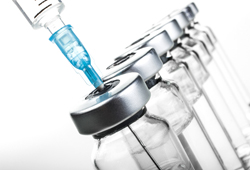Last week, the district court in Amgen v. Apotex (No. 18-61828) (S.D. Fla.) denied Apotex’s motion to dismiss Amgen’s complaint in a follow-on suit concerning Apotex’s pegfilgrastim and filgrastim biosimilar candidates. By way of background, Amgen and Apotex have been involved in multiple patent lawsuits regarding Apotex’s pegfilgrastim and filgrastim biosimilars…









